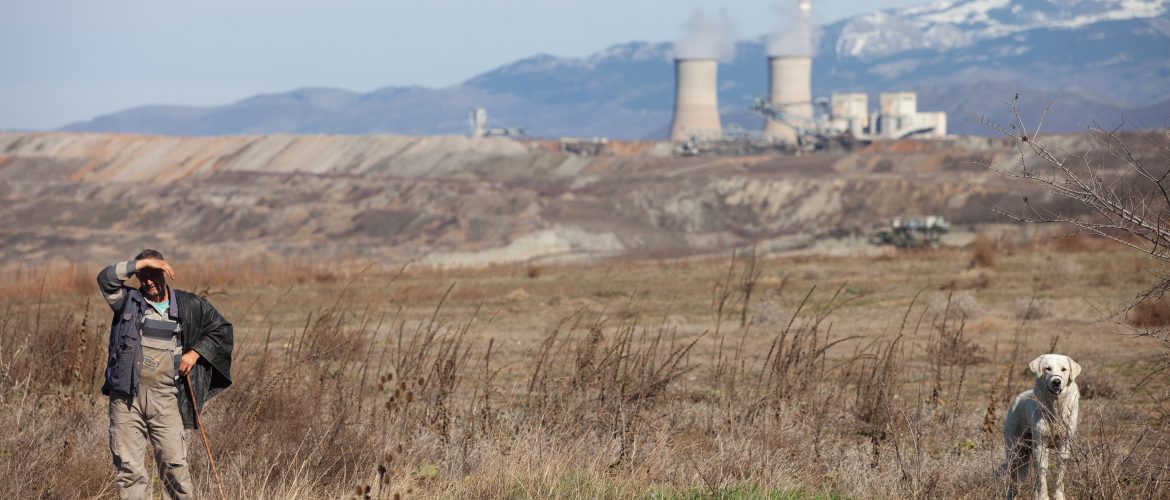With decision 217/2021, published in the Greek Government Gazette, on April 5, 2021, the Greek Regulatory Authority for Energy (RAE) decided the permanent retirement of four lignite units, Kardia I-II and Amyntaio I-II, with a total gross nominal capacity of 1200 MW, representing 27% of Greece’s total lignite capacity.
At the request of PPC, RAE removed these lignite units from the company’s unified production license, thus marking their official withdrawal from the system. It took 21 and 11 months respectively, between the last day of actual operation of these units and the official decision to permanently retire them.
While the two units of Kardia stopped operating in June 2019, when the 17,500 operating hours that they were entitled to operate according to EU’s environmental legislation were exhausted, the same did not happen with TPS Amyntaio. Although the plant’s 17,500 hours were exhausted in November 2018, TPS Amyntaio continued to operate until May 2, 2020.
The official retirements of the four units in Amyntaio and Kardia are the first ones after those of Ptolemaida III and IV in 2016, and the first ones after the decision for Greece’s complete lignite phase out by 2028 at the latest, was announced by the Greek Prime Minister in September 2019.
These are four of the most polluting units in the EU, whose operation has been damaging public health and the environment for decades. According to official data, between 2012 and 2019, Kardia I and II emitted on average almost 15 times more than the new European emission limit values for dust. During the same period, TPS Amyntaio exceeded the respective sulfur dioxide emission limits more than 6 times. Moreover, from the establishment of the EU Emissions Trading System in 2005 until 2019, TPS Kardia (including all 4 of its units) emitted almost 123 million tonnes of CO2 into the atmosphere, while the corresponding CO2 burden from TPS Amyntaio was just short of 60 million tonnes.
“The official retirement of the four lignite units in Amyntaio and Kardia underlines the urgent need for supporting the country’s lignite regions, which are already facing the consequences of the observed collapse of Greece’s lignite production. Greece has every opportunity to fully switch from lignite to clean energy in a socially just manner without the “mediation” of fossil gas as a “transition fuel”. The planned construction of new fossil gas plants is contrary to the climate neutrality goal and the European Green Deal. A lock-in into fossil gas will deprive the country of valuable resources and opportunities for a real shift towards a sustainable future“, said Nikos Mantzaris, a senior policy analyst at the Green Tank, on the occasion of removing the four lignite units from PPC’s unified production license.
- You can read the relevant Greek Government Gazette B ‘1323 / 5.4.2021 here (in Greek).
- The retirements of the lignite units have been included in the National Plan for Energy and Climate of December 2019 as well as in the business plan of PPC of the same period.



















































































































































































































































































































